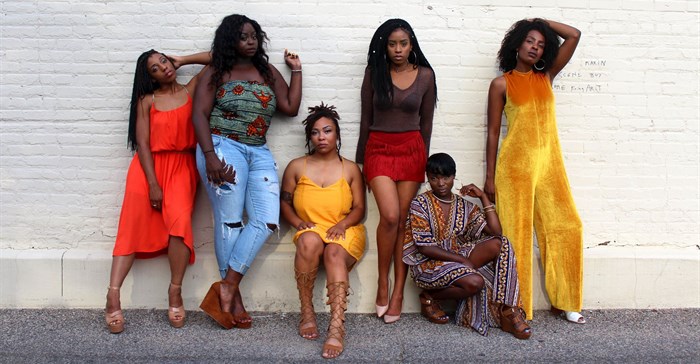
Top stories

ICTToo little, too concentrated: why AI startup funding in Africa needs rethinking
Claire Zanuso 6 hours





More news



ESG & Sustainability
Redisa calls on govt to fix South Africa’s “broken” waste management system

























As a father to a strong daughter and leader to some brilliant young women, it got me thinking about how our brand storytelling is missing the mark.
Brands that fly in the face of inclusivity by depicting lazily formulaic brand stories are losing out on some phenomenal stories waiting to be told. Stories of women who are emergency workers, farmers, bankers, engineers or single mothers.
According to Stats SA in 2017, young women in South Africa make up a massive 50% of the population. There are thus three stereotypes that brands would be wise to steer clear of, to be inclusive and possibly reach a whole new audience:
Not all women are mothers. And some can’t or don’t want to be. Studies show that millennials are having children later or not at all, yet it appears Generation Z will have even less. And that should be okay. Infertility, careers, societal pressure, cost of living and the lure of single life all impact on when and if women have children.
Infertility alone affects more than 48 million couples in the world. In South Africa, 20% of couples are unable to have children – enough so that some are calling for it to be classed as a disability.
Brands have this incredible opportunity to reach women without alienating a significant part of their audience. To go on a journey with women not only as mothers but as leaders; mentors; spiritual mothers; sisters; aunts and teachers.
A Tinder survey of singles aged 18 to 25, revealed that 80% felt that staying single was better for work, friendship, fitness and to gain unique experiences. Already in 2014, about 50.2 % of American adults were single.
A growing number of men and women also choose single parenting for various reasons.
Currently, over 62% of children born in South Africa have no father listed on their birth certificate. Women are no longer following the path of their mothers and grandmothers and feeling pressurised to get married.
Consider that sometimes the person using your washing powder is a father who has his kids for the weekend. Other times it may be a successful single mom’s helper or mother. Talk to them.
Not all women cook and clean. If we are honest – many women in South Africa are cleaning homes that are not their own. If we take washing powder, for example, this puts a new spin on the disparity between “target market”, their “buying power” and whether they actually affect the purchase decision.
There are women who get home at 6pm and 7pm and then have homework, tests, projects and speeches. Tell them about quick, healthy meals they can serve their family – without the guilt.
Give them a product that cleans today’s sports kit in time for the next morning. In fact, tell them about the material their son’s school shirt is made of and how it won’t need ironing if you hang it up tonight to be dry for tomorrow.
Women make up nearly 85% of the consumer market. We cannot afford to ignore even a small percentage of them. If we do and if we only focus on them during Women’s Month, we will lose out on market share, brand loyalty, credibility, trust and ultimately, profits.
